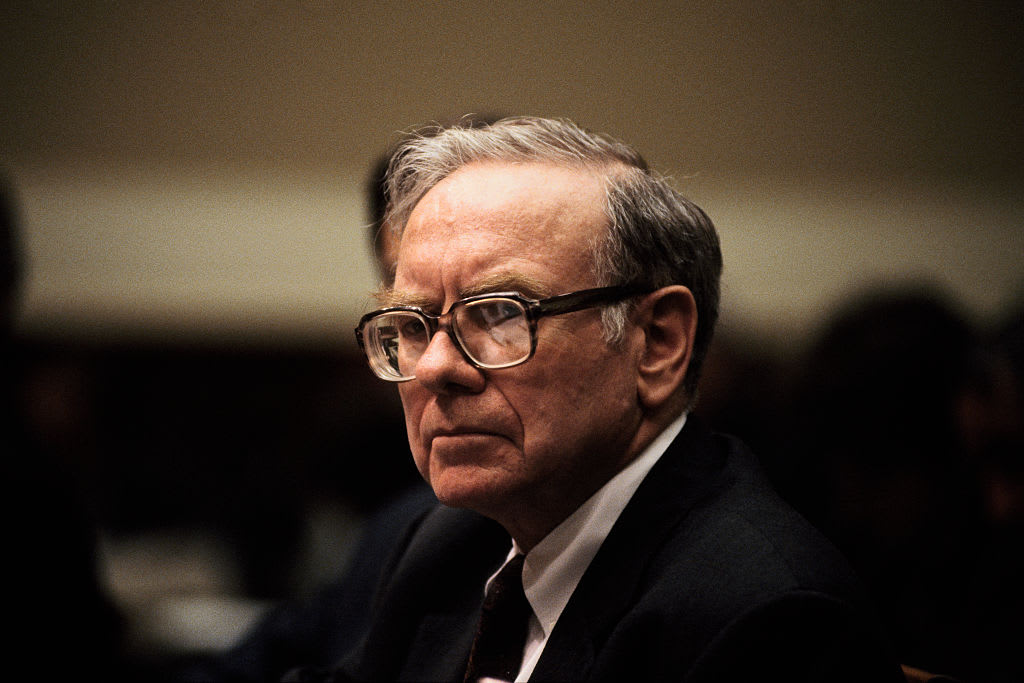3 pros who see a bull market still raring to run
This bull market, which started on March 9, 2009, had gained 124 percent in price through Jan. 26, 2018, the day when it posted its most recent all-time high. But to investors who've grown accustomed to stocks steadily climbing to ever-loftier highs, the recent drought in new records has been disconcerting. And it has led many to wonder if this bull run is finally petering out.
The answer, at least from some market veterans who've seen cycles come and go, can be summed up as a confident "don't bet on it."
The current upswing ranks as "the second-greatest bull market since World War II, and the third since the one that ended with the Crash of 1929," noted Sam Stovall, chief investment strategist at CFRA. "What's more, in this bull market's tenure, the S&P 500 GAAP earnings per-share surged nearly 1,500 percent, dwarfing any bull market in history."
The primary reason for this unprecedented advance is the fact that the S&P 500 experienced the only profit loss in its history in the fourth quarter of 2008, Stovall pointed out in a recent report to clients. One distinction of this particular bull market, he added, is that the expansion in stock valuations came along with the growth in corporate earnings and the economy's advance.
Stovall understands that the foremost question now is whether this bull market "ended in late January or [is it] just enduring a traditional resetting of the dials?" At CFRA, Stovall said, "we acknowledge that this bull has begun to buck more aggressively, but we don't think that it is about to be tamed any time soon."
Why?
"Bull markets don't die of old age, they die of fright -- and they're most afraid of recession," said Stovall. "We see no recession on the horizon that would pose an impediment to global economic expansion nor stall the projected improvement in corporate profits," he asserted, although the "wall of worry remains elevated."
So where do stocks go from here?
"This bull market will soon embark on its quest to record a double-digit duration, encouraged by a coordinated global economic expansion and a near 20 percent jump in S&P 500 operating profits in 2018, assisted by the recent U.S. tax cut," Stovall emphasized.
Nonetheless, many investors don't believe the bull market will endure much longer, and they've begun to turn against the tide, he conceded. "But true to its astrological sign of Pisces, this market may continue to surprise its skeptical schoolmates and swim on toward a long-distant sunset," Stovall said.
Another savvy pro who's bullish on the long-running stock market advance is Ed Yardeni, president of Yardeni Research, whose new book, "Predicting the Markets: A Professional Autobiography" was just published on Feb. 23. He said useful insights into the performance of the stock market "can be gleaned by a careful analysis of the available data on the demand-and-supply sides of the equity market."
In that regard, the inflow of cash into equities has been huge. "The big story continues to be equity ETF [exchange-traded funds] net inflows, which rose to a record high of $379 billion over the past 12 months through January," Yardeni reported. That was attributable to a record $173 billion pouring into U.S.-based equity ETFs that invest globally. Those that invest domestically saw inflows of $205 billion. But as big as that figure is, it's lower than the record high of $239 billion in 2017, noted Yardeni.
"The net inflows into equity ETFs have been a major driver of the bull market since 2016," he said. "The big flow-of-funds story since the beginning of the bull market has been buybacks," he added.
So what does Yardeni -- who has been sharing with clients his professional insights into predicting the economy and financial markets for many years -- foresee about the health and vigor of this bull market?
He has a particularly effusive and focused forecast: "I predict that prosperity will prevail in our interconnected global economy long into the future. If so, then so should the bull market in stocks, as it has been the past 40 years."
Adding his voice to this chorus is no less than legendary investor Warren Buffett, who continues to be a big bull on this bull market. The equity portfolio of his Berkshire Hathaway (BRK.A) reflects it. Berkshire's 13F holdings report filed on Feb. 14 listed a "long-only" stock portfolio valued at over $191.2 billion, up from $148 billion at the end of 2016.
Berkshire's top holdings at the end of 2017 were Apple (AAPL), Bank of America (BAC), Coca-Cola (KO), Kraft Heinz (KHC) and Wells Fargo (WFC). For 2017, Berkshire's biggest holding is Apple, which accounted for 15 percent of the portfolio. The top-five stock holdings represented some 60 percent of the Berkshire portfolio.
Perhaps one savvy move for investors still waiting to board the bull market train is to grab any opportunity to buy shares in those five companies whenever they drop in price.



